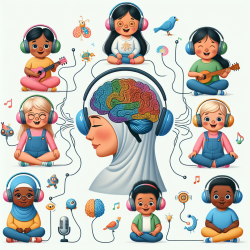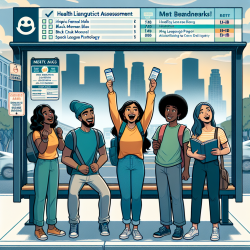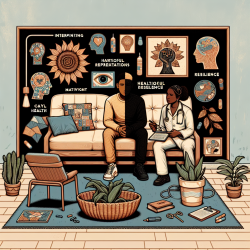Introduction to Speech-Language Pathology Services
Speech-Language Pathology (SLP) services are crucial for individuals facing challenges in communication and swallowing. The Department of Veterans Affairs (VA) provides comprehensive SLP services to Veterans and Service members, addressing a wide range of disorders. These services help improve the quality of life for those with speech, language, cognitive-communication, and voice disorders.
Key Areas of Speech-Language Pathology
SLP services cover various aspects of communication and swallowing. Here's a closer look at some of the primary areas:
- Speech Disorders: These occur when a person struggles to produce speech sounds accurately or fluently. SLPs offer treatment for motor speech disorders and assist with accent modifications.
- Language Disorders: Often resulting from stroke or traumatic brain injury, language disorders involve difficulties in understanding spoken language and verbal expression. SLPs provide both individual and group treatment options.
- Cognitive Disorders: These include issues with attention, memory, orientation, and problem-solving. SLPs work on strategies to improve cognitive function in various settings, such as home, work, or school.
- Voice Disorders: Evaluation and treatment for voice disorders focus on aspects like pitch, loudness, nasal resonance, or voice quality, tailored to the individual's needs.
- Swallowing Problems (Dysphagia): Dysphagia can coexist with neurological or structural problems. Treatment may involve food or liquid modification, eating positioning, or exercises to enhance swallowing function.
Medical Conditions and Treatment Settings
The VA's SLP services cater to a range of medical conditions, including:
- Brain, head, neck, and spinal cord injuries
- Neurological disorders like Parkinson’s Disease, Multiple Sclerosis, ALS, Huntington’s Disease, muscular dystrophy, and dementia or Alzheimer’s disease
- Oral and laryngeal cancers
- Laryngeal abnormalities, such as vocal cord paresis or paralysis
- Respiratory issues, including tracheostomy and ventilator dependence
With 190 VA sites, 450 speech pathologists, and 176 graduate trainees, services are available in outpatient clinics, inpatient settings, and through telehealth. This flexibility ensures that Veterans receive the care they need, whether at a medical center, community living center, or their home.
Technological Support in SLP
The VA employs a wide range of technology to support SLP services. This includes computerized speaking devices, cognitive aids, and voice prostheses for individuals who cannot speak or require compensatory strategies.
Conclusion
Speech-Language Pathology services provided by the VA are essential for Veterans and Service members dealing with communication and swallowing disorders. These services not only enhance communication abilities but also improve overall quality of life. For more information, please follow this link.










